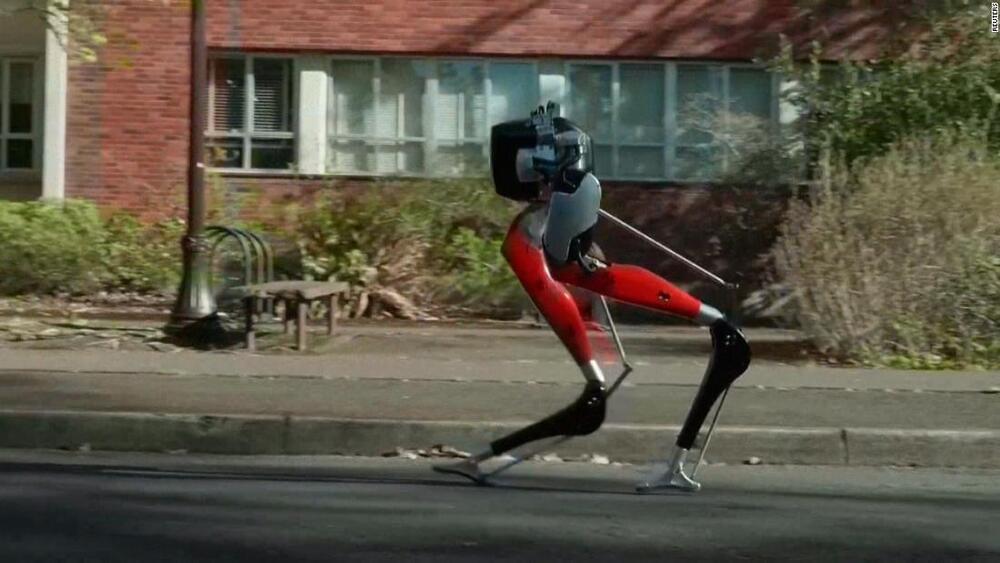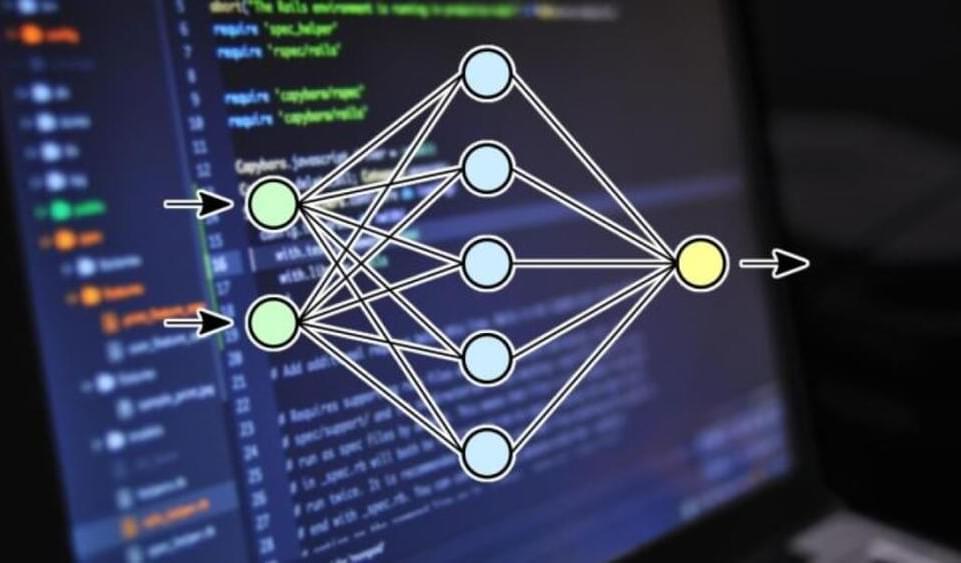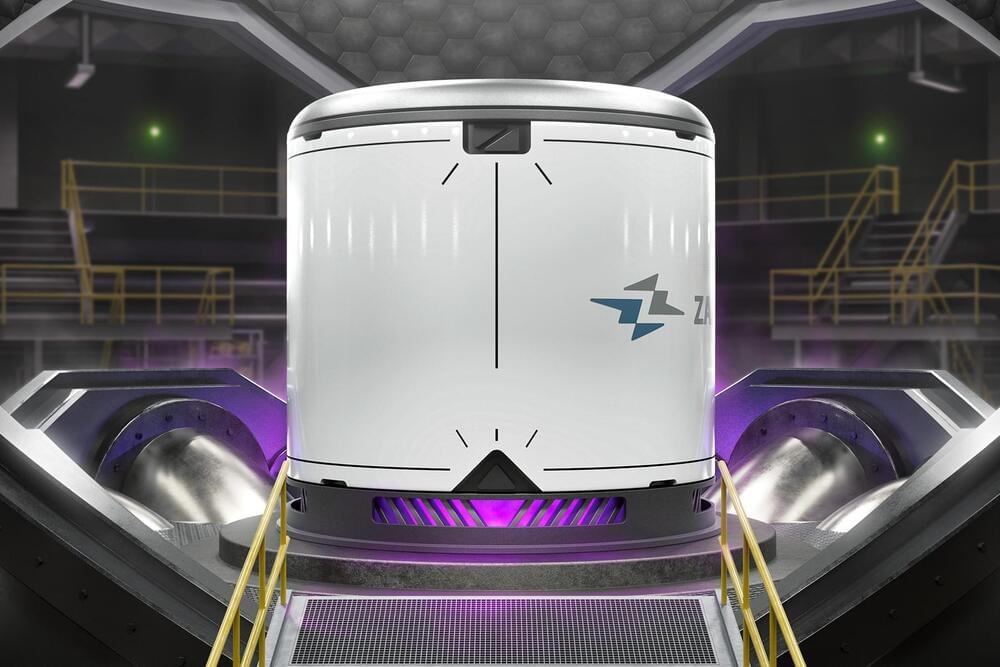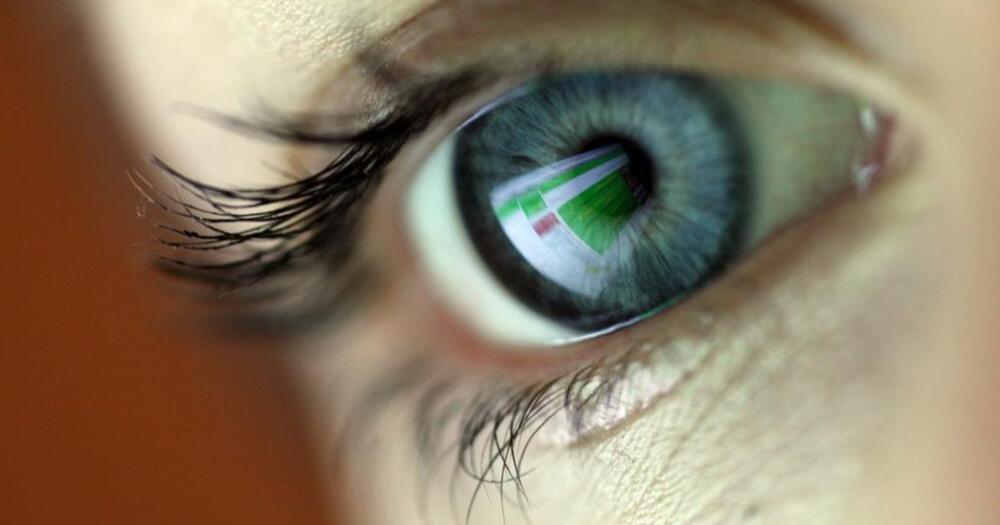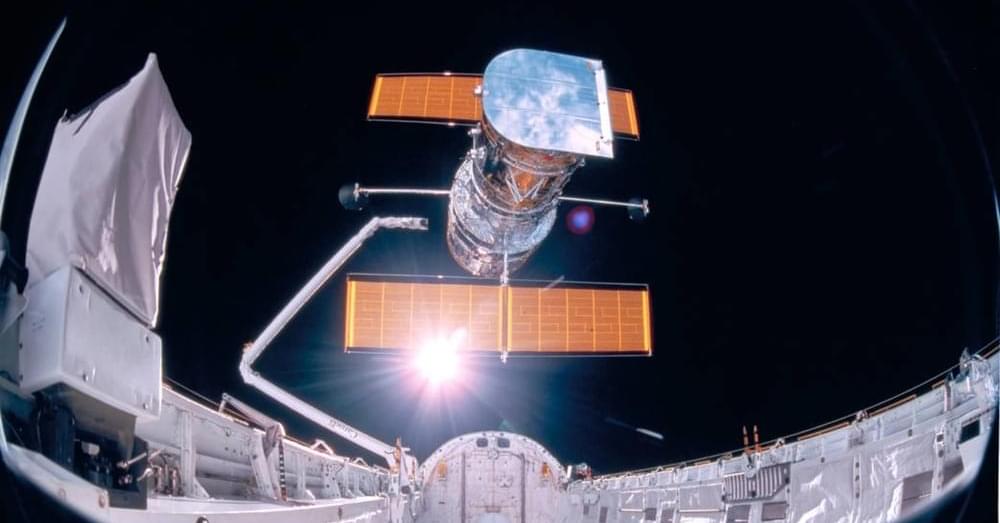Agility CEO Damion Shelton and CTO Jonathan Hurst discuss artificial intelligence and its role in robot control. They also discuss the capability of robot learning paired with physics-based locomotion, Cassie setting a new world record using learned policies for control, and an exploration of the future of robotics through Dall-E.
At Agility, we make robots that are made for work. Our robot Digit works alongside us in spaces designed for people. Digit handles the boring and repetitive tasks that are meant for a machine, which allows companies and their people to focus on the work that requires the human element.
Subscribe (hit the bell for notifications)
Join our Team.
https://www.agilityrobotics.com/careers.
Follow our Journey.
https://twitter.com/agilityrobotics.
https://www.linkedin.com/company/agil…
https://www.instagram.com/agility_rob…
https://www.tiktok.com/@agility_robotics.
#robotics #machinelearning #artificialintelligence #robot #engineering
